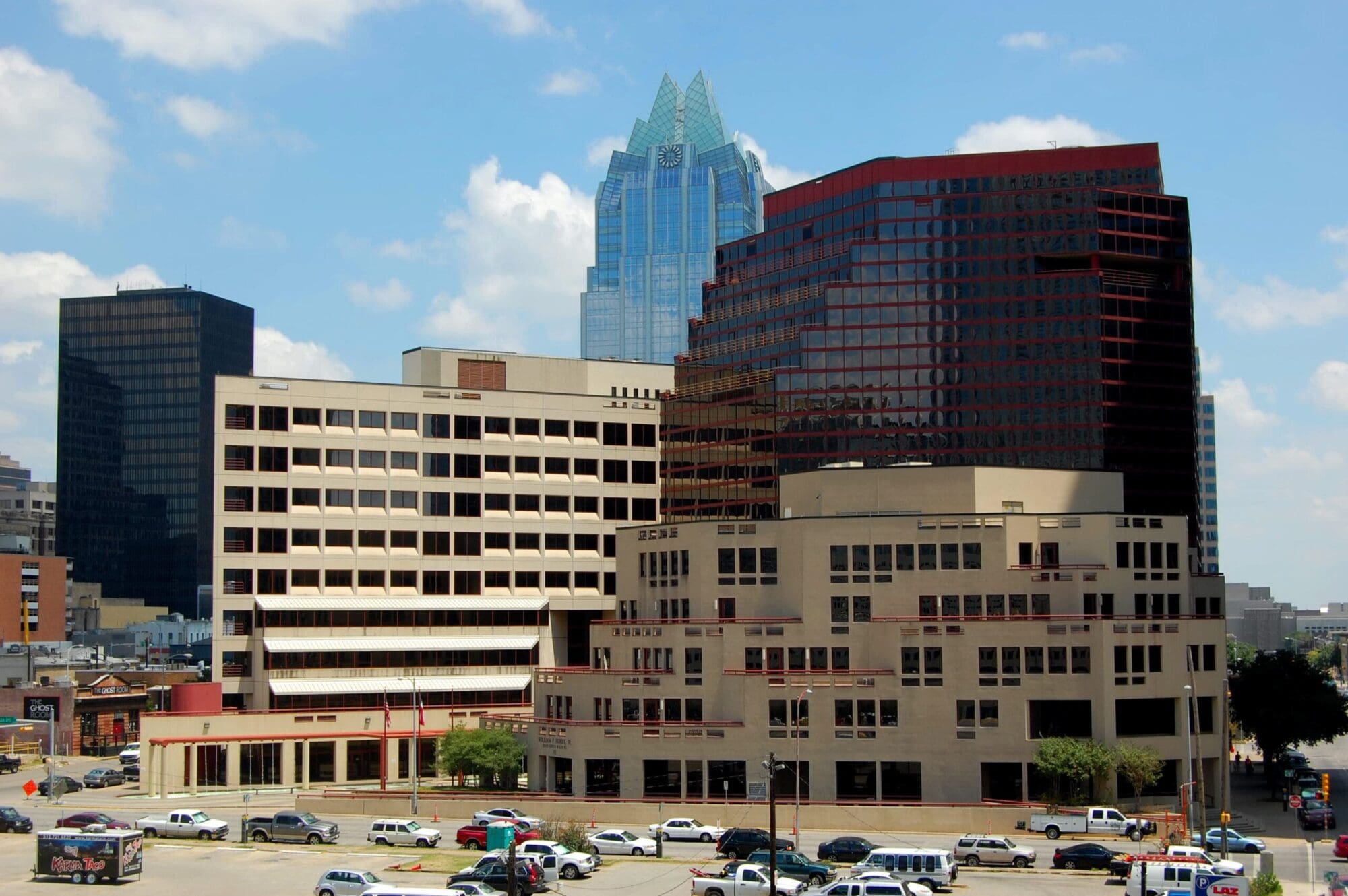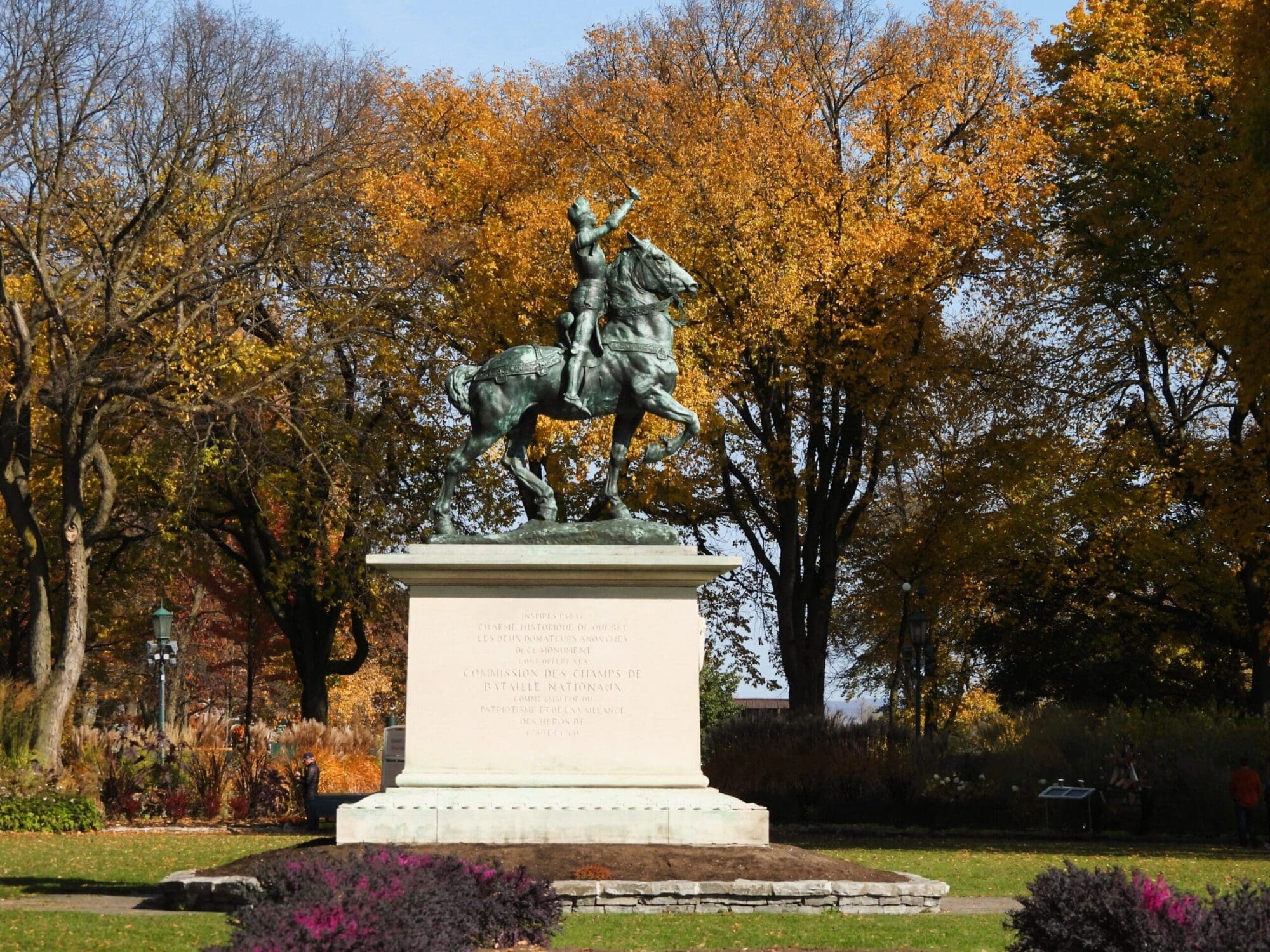Diners at Gloria’s Latin Cuisine in Colleyville were the subjects of a photo spread at Dailymail.com after Mayor Richard Newton authorized patio service in area restaurants in a “controversial” proclamation. According to the MailOnline, these patrons engaged in shocking behavior when their “masks … came off once food became available for consumption.”
Georgia Governor Brian Kemp is also taking some heat. CNN led off its coverage of Georgia’s partial reopening with comments from “concerned mayors from across the state [who] pointed to the rise in coronavirus cases in their cities—both urban and rural—as evidence it’s too soon to return to some semblance of normal.”
Even President Trump weighed in with comments critical of Gov. Kemp, a reversal from earlier support, apparently after Dr. Deborah Birx questioned the move.
What is not being questioned, however—at least in the mainstream media, is whether the government actually had the authority to shut down the economy in the first place.
Unlike today, a more robust discussion of a similar question took place during the debate over the passage of the Civil Rights Act of 1964.
The 1960s were times of great civil discord in which racism and racial strife played a major role. At the heart of the racial strife were “Jim Crow” laws in multiple states that discriminated against blacks, particularly when it came to segregation. Here are some examples:
Alabama: “Every employer of white or negro males shall provide for such white or negro males reasonably accessible and separate toilet facilities.”
Alabama: “It shall be unlawful to conduct a restaurant or other place for the serving of food in the city, at which white and colored people are served in the same room, unless such white and colored persons are effectually separated by a solid partition extending from the floor upward to a distance of seven feet or higher, and unless a separate entrance from the street is provided for each compartment.”
Georgia: “All persons licensed to conduct the business of selling beer or wine … shall serve either white people exclusively or colored people exclusively and shall not sell to two races within the same room at any time.
Texas: “Coal mine operators must provide separate bath and locker facilities for Negroes.”
While individual Americans did discriminate against blacks in the 1950s and 1960s, it was the Jim Crow laws that forced all businesses in a state to discriminate. Yet the Civil Rights Act did not stop at making Jim Crow laws illegal. Instead, it sought to fundamentally rewrite the U.S. Constitution by eviscerating constitutional protections for private property and the right to assembly/association.
While Jim Crows laws violated this right by making it illegal for white Americans to associate with black Americans in many situations, often including marriage, the Civil Rights Acts also violated the freedom of association by going to the other extreme. It forced all Americans to associate with anyone who wanted to associate with them, at least when private property was being used for “public” assembly. As a result, business owners who previously were prohibited from allowing blacks and whites to use the same facilities were now forced to let any black or white person use their facilities.
The end result of the Civil Rights Act was the elimination of the line between public and private. Philosopher Leo Straus explained:
“A liberal society stands or falls by the distinction between the political (or the state) and the society, or by the distinction between the public and the private. In the liberal society there is necessarily a private sphere with which the state’s legislation must not interfere. … liberal society necessarily makes possible, permits, and even fosters what is called by many people ‘discrimination.'”
With its obliteration of this distinction, the Civil Rights Act set off a revolution in society and law which we are still experiencing today in the COVID-19 shutdown.
In the instance of property rights, the civil rights revolution eliminated the distinction between private and public use of property. As we saw in the infamous 2005 Kelo v. New London case where the city of New London took Susette Kelo’s home for a business park, legislatures and the courts now get to judge whether one’s use of private property is in the public’s interest. This is not only a federal problem; in Texas, our Supreme Court has declared that “property owners do not acquire a constitutionally protected vested right in property uses.”
Likewise, we no longer have a right of association; instead, we have the right of “expressive association.” We can use our property to assemble and associate as long as the expressions of our association meet a publicly approved standard.
In one sense, this seemed like a good thing to many Americans when the topic was only race. After all, very few Americans condone racism. But as we have all witnessed, the public standards have changed. Now, Boy Scouts, Christian bakers, and others are under assault from those attempting to rewrite American culture.
As the COVID-19 shutdown has shown, however, the assault on our fundamental rights is not coming only from the radical left. Mainstream politicians are taking advantage of the rollback of constitutional protections.
Residents of Austin, Texas, for instance, recently received text messages on their ostensibly private cell phones “remind[ing] everyone to stay at home this holiday weekend to help prevent the spread of COVID-19.” That “holiday weekend” just happened to be Easter weekend, when Austin Mayor Steve Adler’s order to shut down all the city parks just happened to prevent Christians from assembling to celebrate the resurrection of Christ in the open air with plenty of room for social distancing.
At the state level, just like the passage of the Civil Rights Act ignored the U.S. Constitution in the name of ending segregation, the Texas Constitution is being pushed aside in the name of public safety. Tony McDonald, Empower Texans’ general counsel, has explained how Texas statutes that allow the governor to suspend laws and give his proclamations the “force of law” stand in clear violation of the Texas Constitution.
We must do something to stop the assault on our rights unleased by the Civil Rights Act almost 50 years ago. And it must be done before the ridicule that liberty-minded Americans are experiencing now turns into a complete lockdown of our civil rights.
This is a commentary submitted and published with the author’s permission. If you wish to submit a commentary to Texas Scorecard, please submit your article to submission@texasscorecard.com.





